In early December, you were re-elected chairman of KDNP's national board. What will be the main tasks of KDNP in coming years?
On December 8, the last phase of the leadership renewal of the Christian Democratic People's Party (KDNP) was completed, so our elected officials - from local organizations to the national leadership - can start their work. The most important measure of our work will be the 2026 parliamentary elections. We still seem to have a long way to go, but the building process must begin now, which is why it is important that we have elected officials who are well aware of what is at stakes in the elections coming up in about a year and a half. For us, a future victory and preserving the governing position imply a responsibility to offer a real Hungarian and European alternative to the overheated liberal and neo-Marxist efforts seen in today's Western world. This is where the positive potential of today's Christian Democratic politics lies, and for this reason we have a huge responsibility on our shoulders.
What does the Christian Democratic approach you just mentioned mean in domestic politics?
Despite many differences, what liberal and neo-Marxist approaches have in common is that they place the individual, more precisely the individual free of constraints, at the center of thought and consider the family a mere social construct. In contrast, we Christian Democrats see the family not as a human creation, but as a design of God the Creator. We build our social and economic policy on this, and thus we support the institution of marriage, which is being increasingly attacked in the West in the name of misinterpreted freedom.
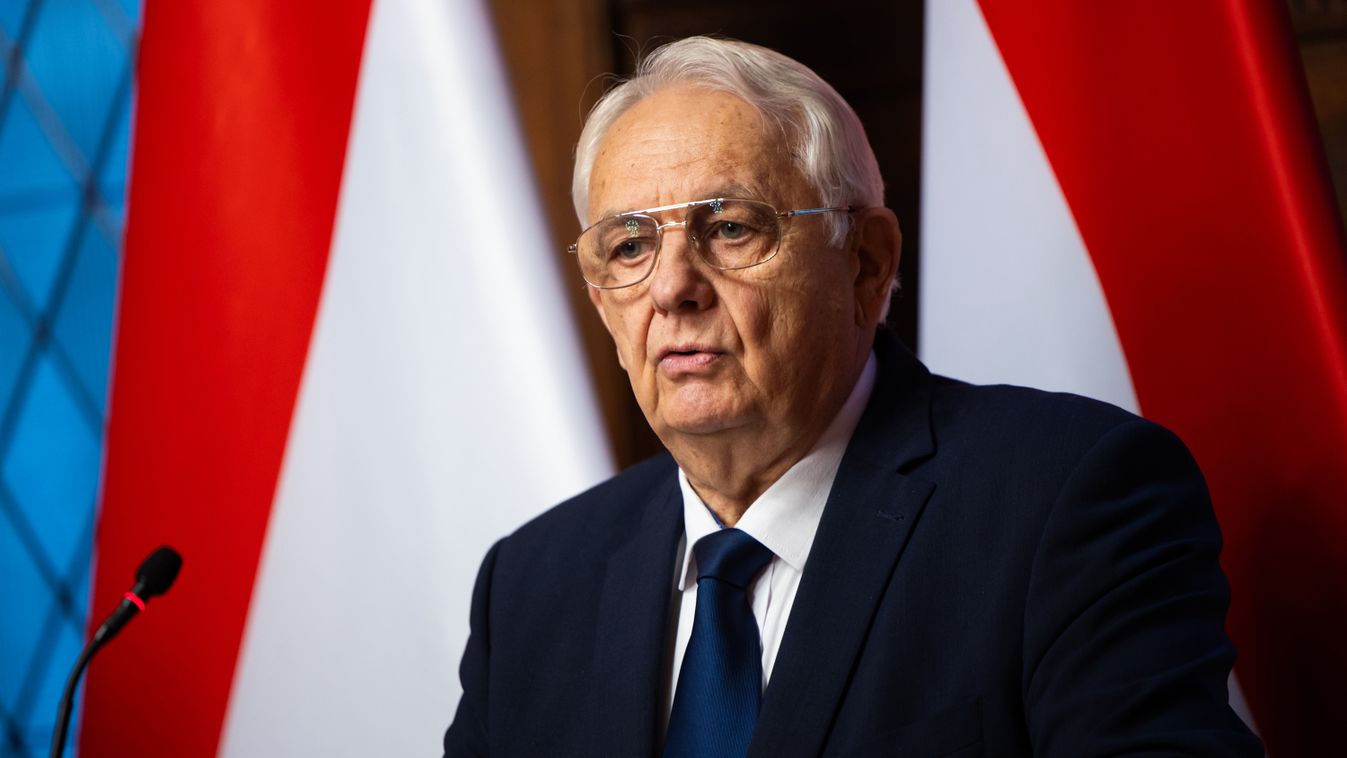
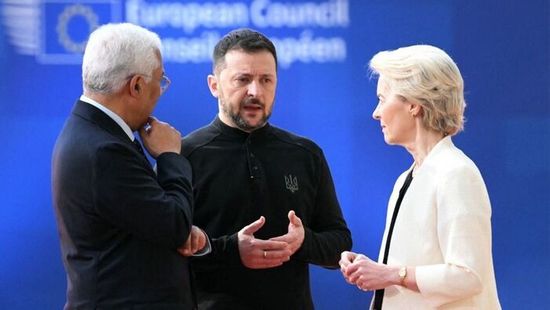
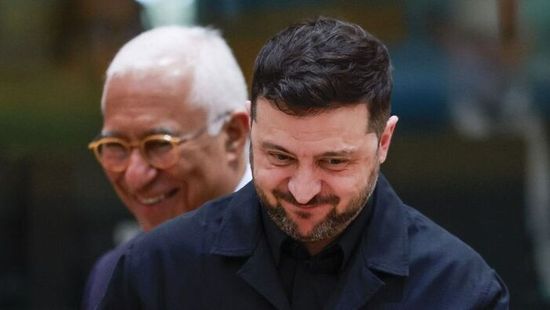
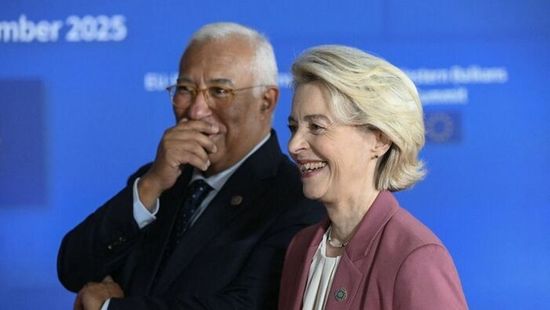
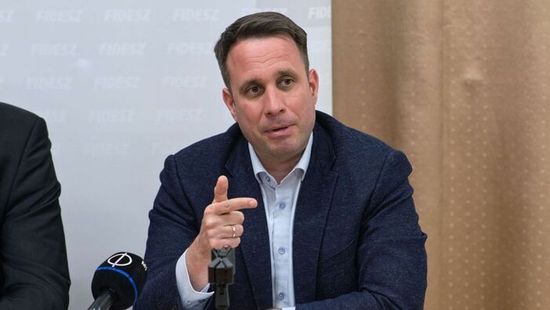

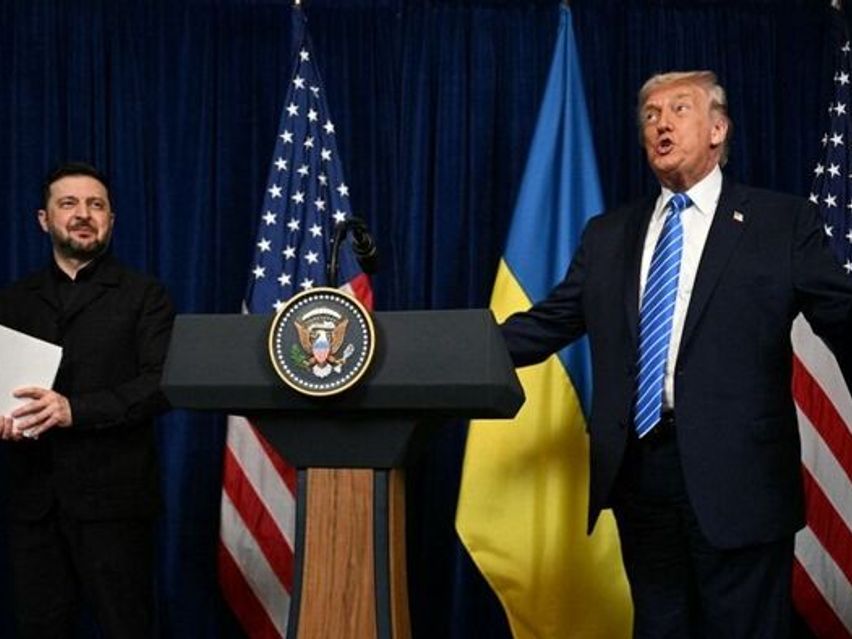
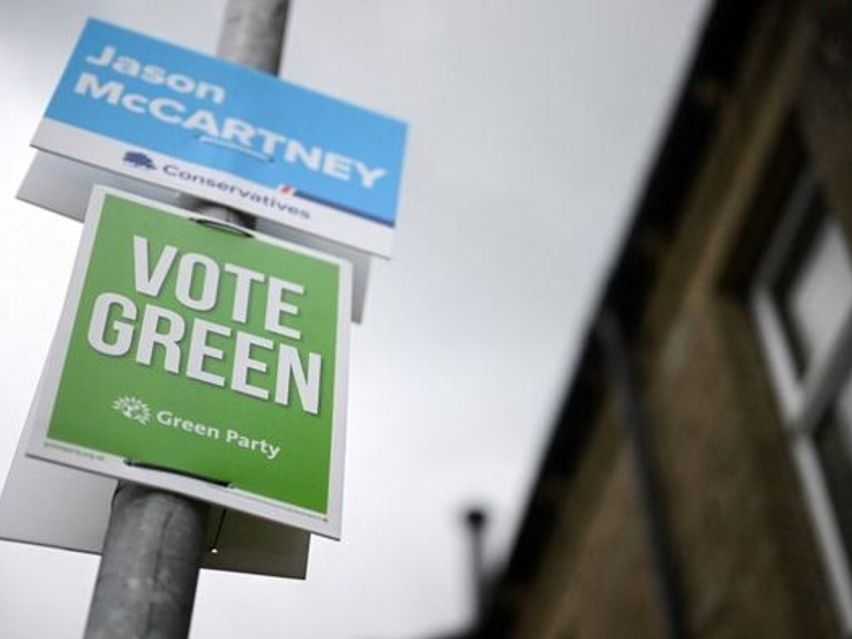
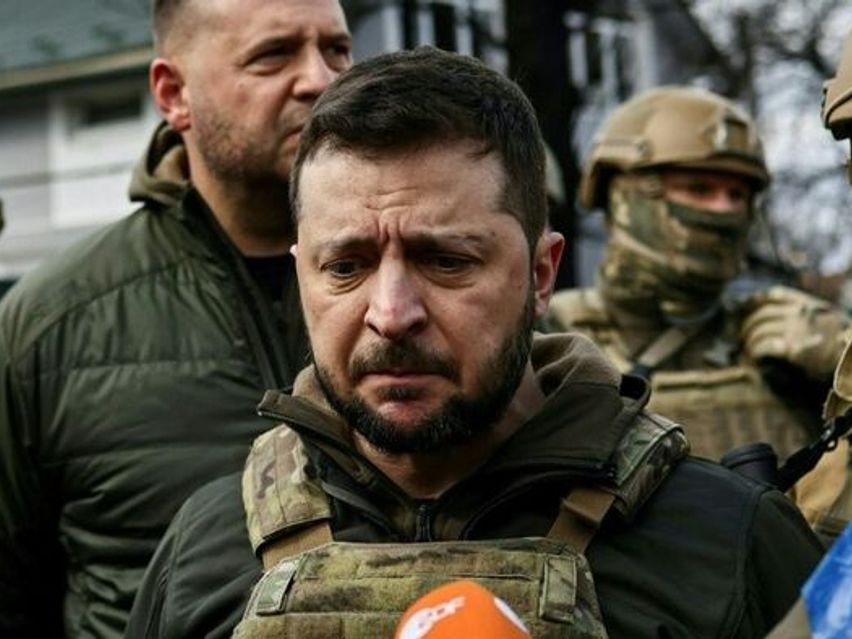


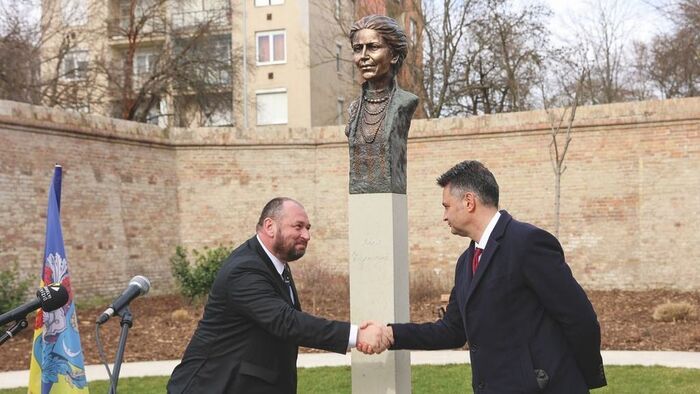

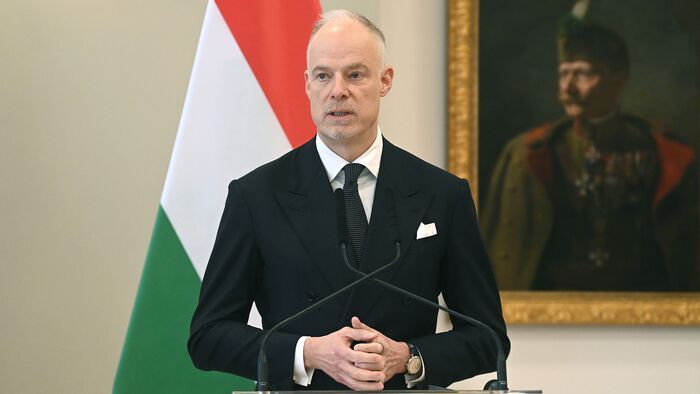
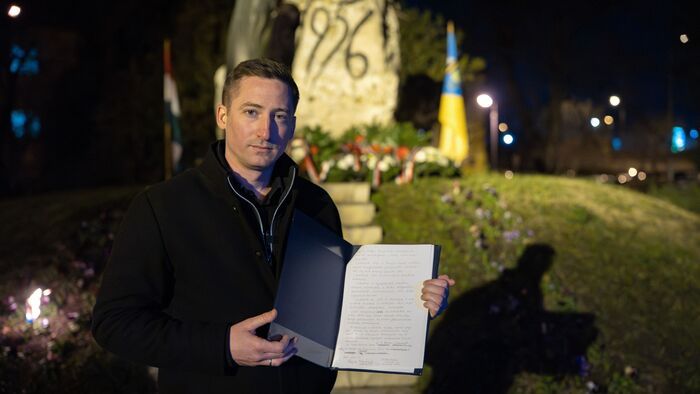
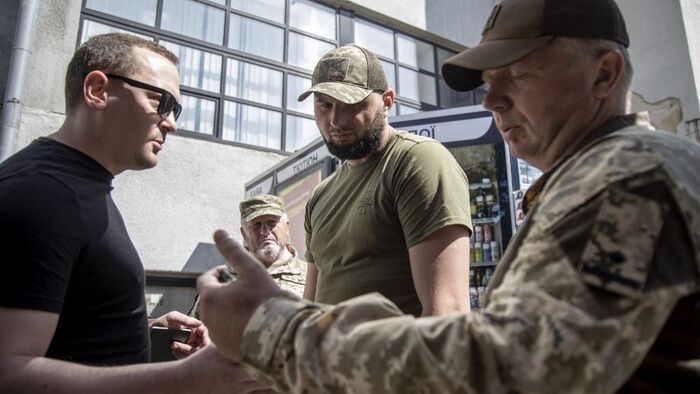
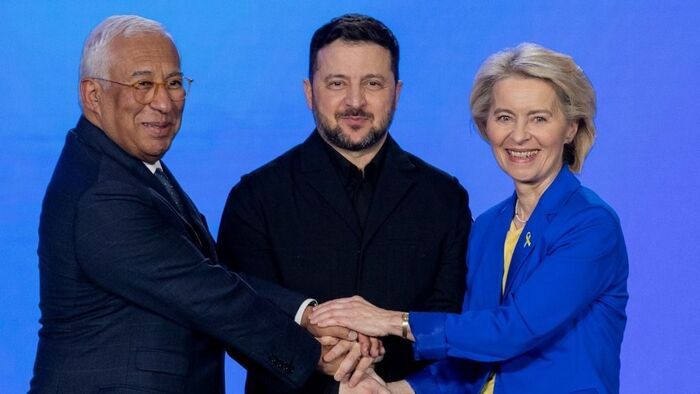
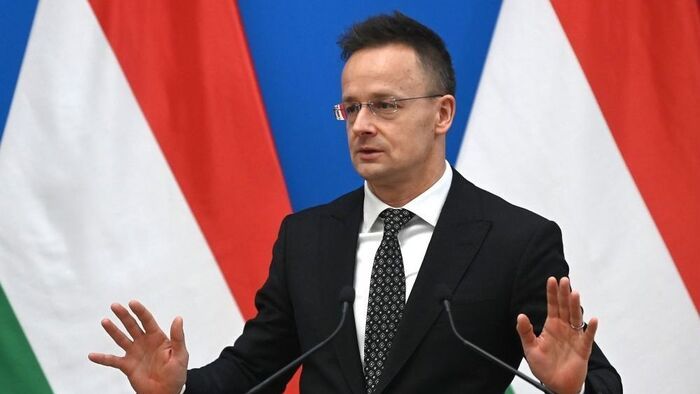

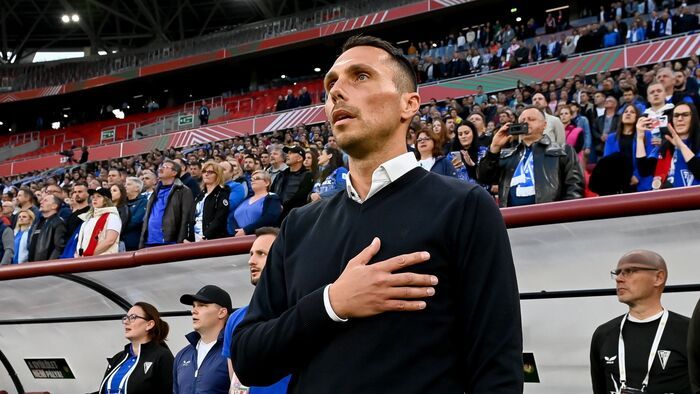

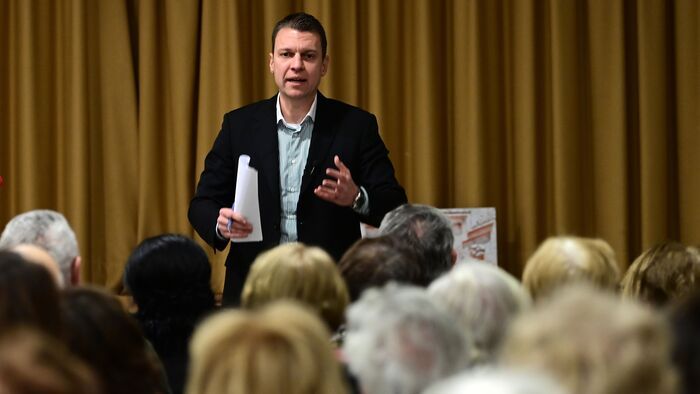

Szóljon hozzá!
Jelenleg csak a hozzászólások egy kis részét látja. Hozzászóláshoz és a további kommentek megtekintéséhez lépjen be, vagy regisztráljon!